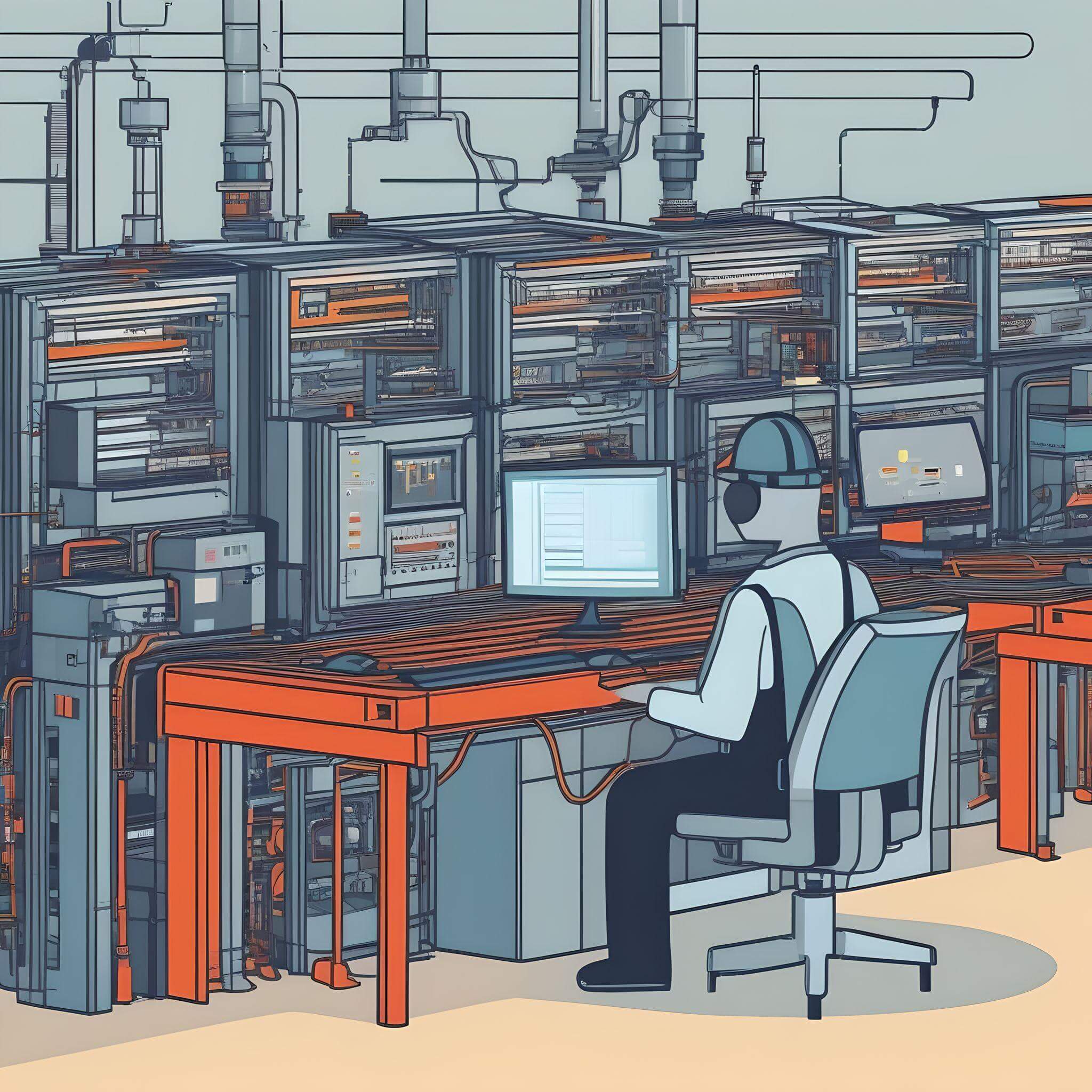Lessons from “The Office (US)” applied to work environment
The assistant/receptionist is the most important person in the office
This is a three-part analysis. If your company has different people for those roles not everything applies, but most of it does.
- In small to medium companies, or even in the departments of the bigger ones, a hierarchical pattern is that there are many people across multiple teams, but they all report to one boss. And on the corner of that tree there is a team of one, the assistant. What it means is that on each team you have peers. If you are the head of a team, you have other heads in a similar role. The boss and the assistant are the only positions that are all alone. And because the boss works more hours with the assistant, that may well be the person they trust the most.
- Because in most companies the assistant is the person with fewer meetings, it is the person that is always available when someone wants to chat, to probe the mood of the boss before giving bad news, or just vent. And even when they have work to do, they usually listen, becoming the one person with a real notion of what the office feels and thinks, and keeping the secrets of everyone while managing to pass important information to the other side. The neutral figure in a us vs. them battle.
- With remote and hybrid work, the receptionist is the one person that is always on-site. The one person everyone knows. The first contact of people coming in for interviews. And will have some feedback for them (if asked) and on them if they stand out for good or bad reasons.
The boss sets the tone for others
Michael is a bit crazy and has more luck than skills. So the entire team can be honest and creative and be sure they are not looking bad. I think he is my main fictional inspiration and the reason I like to be the boss of my own company. Usually bosses are too cocky and put themselves on a pedestal just for being in that position. I have the career to be cocky, yet I try to be the wackiest person in the team so that others feel comfortable. Normal bosses don’t like that. Yet, most developers would rather work for me than for them.
Motivation has many forms
One thing Michael does that is not an inspiration are the Dundie Awards. He tries to make everyone feel acknowledged and goes the wrong way. Yet, on the rest of the episodes he does it. He is involved, gives a lot of freedom to the team, and tries to boost morale and make mandatory training sessions fun. Inclusion is the one thing he will always do wrong, but he sure tries!
And who motivates the boss? The team does. Seeing them working together for a common goal is what keeps the boss happy.
Don’t fall in love with a coworker
It is easy to be attracted to someone you see everyday, you have something in common, you talk a lot, you laugh together… And there is a 1% chance you are meant to be together. But in the other 99% it will go wrong. Work conflicts will get in the way, people get disappointed, the relationship starts to suffer probably to a breaking point, co-workers start to take sides (unless you kept it a secret) and probably one or both end up leaving the company where they were happy to avoid those constant meetings.
That will probably mean that you need to go out and get some hobbies to meet other people. Good for you!


Post Comment